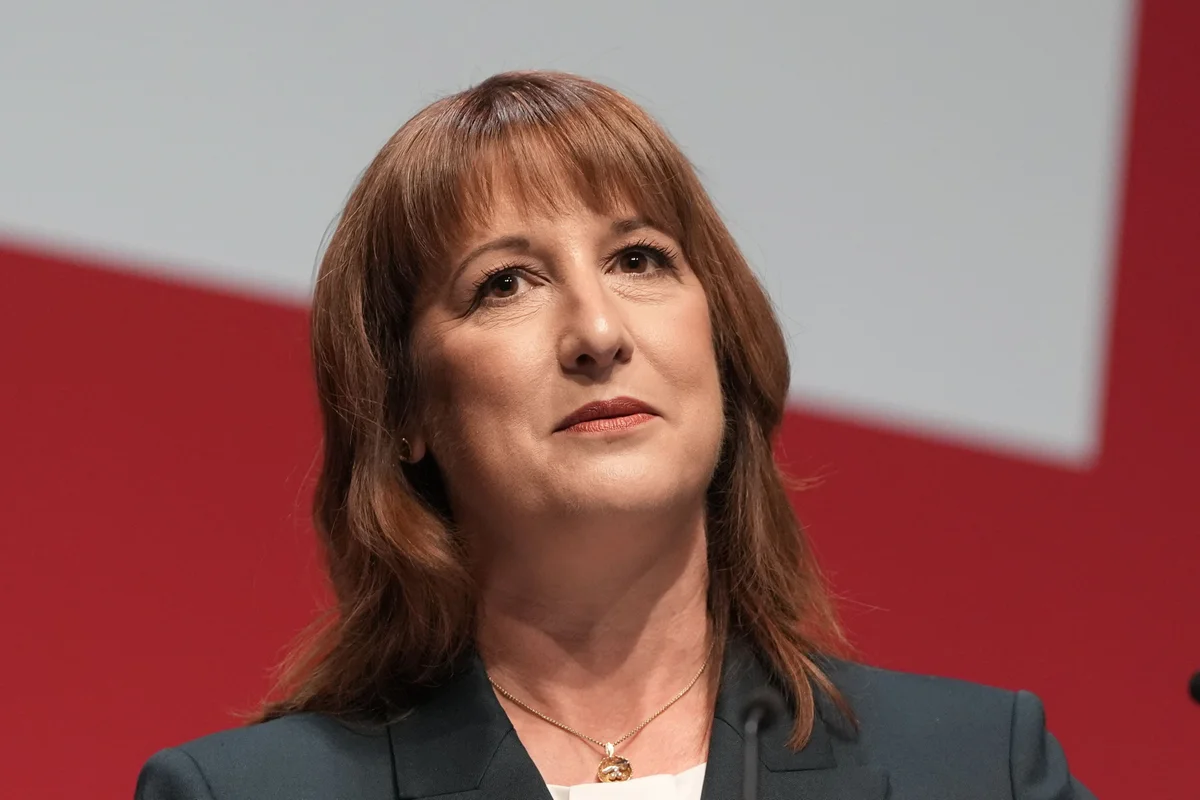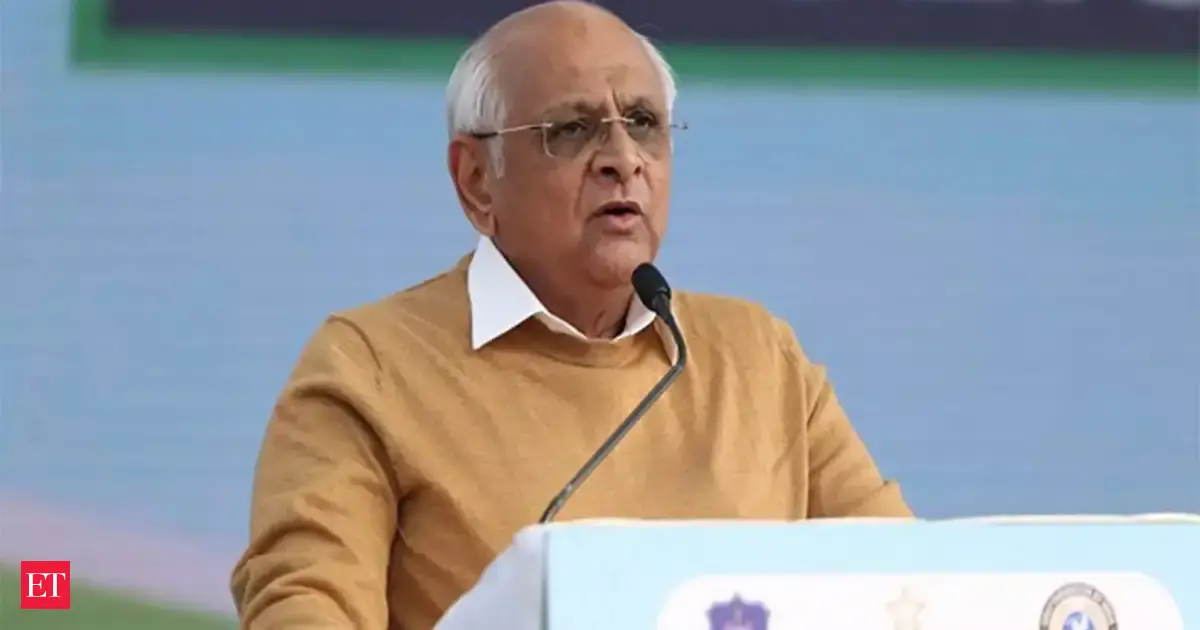Copyright irishmirror

DJ Carey was waiting. The venue was the K Club, the year was 2010. He was 40, five years into his retirement as an inter-county hurler, and yet he remained one of the most recognisable faces in Irish life — not just Irish sport. The meeting had been pre-arranged by the Gaelic Players Association . Carey knew I had been assigned to interview him for a book that was a fundraiser for the GPA’s past players’ benevolent fund. And he knew it was my job to ask questions; his, to answer them. But that was not how our conversation started. Instead, after a brief period of small talk, he stared unflinchingly and began grilling me on how and why I had come to be tasked with writing a 5,000-word profile on his playing days. At some point, after about his fifth or sixth question, I stopped answering and just looked at him quizzically. He knew the answers to everything he was asking. We had never met before, and the only reason we were there was because he had agreed to the interview with the GPA’s then leading figures. So what was he playing at? Why was he being awkward? Was this just an attempt by an alpha to mark his territory? Who knows. What I do remember is that the interview was on the verge of being aborted — if not by me, then possibly by him. And then the mood suddenly changed, as if someone had flicked a switch. “We better get started, then,” he smiled. What followed was incredible. No matter what he was asked, Carey answered. He was charming, quietly spoken, revelatory — his guarded persona replaced by openness and vulnerability. Reading back over that interview on Monday, in the aftermath of his sentencing for fraud, two things stood out. The first was his willingness to speak about how his life had been adversely affected by small-town gossip. “People will say they are unaffected by that sort of stuff, but I don’t believe them,” Carey told me for Voices from Croke Park , “because when you are in the middle of it, it can be awful upsetting. “I’d be lying if I said those things didn’t hurt, because all I ever did was play my game on a Sunday, get in my car and go home.” The perception, he said, was that he was “a trouble-maker (in the Kilkenny dressing room).” He wasn’t. Then he added: “People were saying that my business was about to fold (prior to my first retirement in 1997) and that I owed money all over the place.” Looking back, it’s now so obvious his line about owing money was casually slipped into the conversation — posted in the middle of a sentence that began with him denying he had trouble with Kevin Fennelly, a previous Kilkenny manager, and ended with him insisting he had no issue with his brother Martin’s omission from the Kilkenny squad. He was hiding in plain sight. The other striking memory from that interview was how, when it was drawing to a natural end, he directed the conversation towards a point where it became pretty clear that life after retirement was an anti-climax. “I was born to hurl,” he said, his eyes locked on yours. “I always felt it was my profession — just something I wasn’t paid for. For me, the ultimate adrenaline rush came on Championship days, when I got the ball on the end of my stick and I ran. “I got this buzz. I can’t describe it now. All I know is that I’ve never got it from anything else. Instead, there’s a big void there now.” A new book, published this week, explains how he filled that vacuum, by inventing this tale of a life with cancer and how he needed money for treatment. Respected journalist Eimear Ní Bhraonáin has been investigating Carey for nearly a decade. Her book, The Dodger , is thorough, explosive, and draws on interviews with over 100 people, including the victims of his fraud. One of those also met Carey in the K Club bar and remembers the former hurler telling people he had cancer, often wearing small plasters on his head. It seems incredible — this idea that he could lie about something so serious and keep a straight face while doing so. He was sick, alright. Just not in the way he was suggesting. Yet no one had any reason to disbelieve him, because he was DJ Carey — the clean-living, soft-spoken, great hurler. And that was why he got away with it. Speaking so gently must have been part of his schtick. I should know because I fell for it. Carey wasn’t looking for money out of me - in fact he insisted on picking up the tab. But he was selling the best version of himself. Knowing he was the subject of a profile in a book and convincingly portrayed himself as a straight-up, sometimes vulnerable individual who yearned for the one thing he could never get back: his sporting prime. First impressions don’t always last. My initial ones of Carey that day weren’t great. But within an hour, I was sold — hook, line and sinker. “A good guy,” I thought, a man humbled by life after hurling. Now, looking back, I realise I'd only met the performance. Click here to sign up to our sport newsletter, bringing you the top stories and biggest headlines from Ireland and beyond



